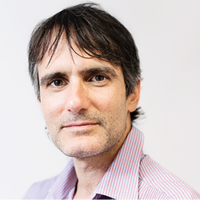INVITATION ONLY
If you have any further questions, please contact Amy Barker, Senior Programme Manager at [email protected]
The Academy's Research Forum brings together Academy Fellows, researchers and industry partners from all career stages and disciplines. The event is an excellent opportunity for find out more about the Academy’s research programmes, meet and be inspired by our outstanding awardees. Attendees will have an opportunity to listen to lively panel discussions and view exhibits, and demonstrations from current awardees and alumni.
Programme*
Delegates are free to attend between 1.00 - 5.00pm and can depart at any time.
| 1.00pm | Event opens | |
| 1.30pm - 5.00pm | Exhibition (drop in) |
Optional panel discussions: |
| 2.15pm |
Inclusive Engineering panel discussion Chaired by: Susan Gourvenec FREng, Royal Academy of Engineering Chair in Emerging Technologies, “Intelligent and Resilient Ocean Engineering”, University of Southampton
|
|
| 3.15pm | Networking break | |
| 4.00pm |
Chairs in Emerging Technology panel - Sustainable Society Chaired by: Professor Máire O’Neill OBE FREng
|
|
| 5.10pm |
Closing remarks Professor Sir Jim McDonald GBE FREng FRSE, President, Royal Academy of Engineering |
|
| 5.15pm | Networking reception | |
| 7.00pm | Event ends | |
*Programme is subject to change
Photography and videography notice
Please note that photography may take place during this event. All photographs and videos will be securely stored on the Academy’s servers and used for editorial, marketing and media use by the Academy and selected press or industry media. Please let us know if you do not agree to this processing. Please refer to our General Privacy Policy for more details.
Venue and accessibility
It is very important to the Royal Academy of Engineering that our events are accessible to all. If you have any accessibility requirements, please contact the Events team more than one week in advance of this event so that necessary arrangements can be made. Contact details: [email protected].
Further information about accessibility at Prince Philip House can be found at: https://raeng.org.uk/about-us/accessibility.
Diversity monitoring form
The Academy is committed to building an inclusive economy that works for everyone. To help us achieve this, we would like to collect some basic anonymous data about the event attendees. If you would like to help, please complete the diversity monitoring form by logging into your user account on our website and completing ‘Update my D&I data’
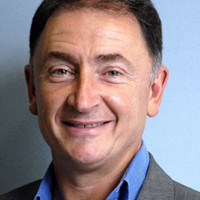
Professor Sir Jim McDonald GBE FREng FRSE

Professor Susan Gourvenec FREng

Professor Priti Parikh
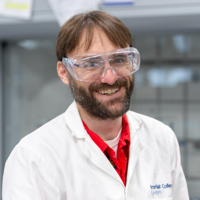
Professor Jason Hallett
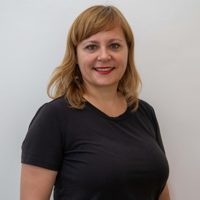
Professor Magda Titirici
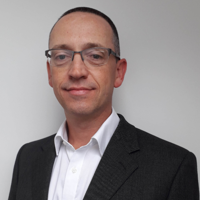
Professor Natalio Krasnogor

Dr Amit Pujari
Amit is a practicing Biomedical Engineer and a Neuroscientist and researches on Neurotechnologies and Neurophysiology. Since receiving PhD in Biomedical Engineering in 2016, from the University of Aberdeen, Amit has worked at the School of Physics, Engineering and Computer Science (previously as a Senior Lecturer and currently as an Associate Professor (Reader) of Biomedical Engineering) at the University of Hertfordshire, England, UK and holds an honorary position (Associate Professor in Biomedical Engineering) at the School of Engineering, University of Aberdeen, Scotland, UK. Amit's particular research interests are in the area of Neurorehabilitation (neuromuscular physiology, motor control/impairment and rehabilitation); with the focus on (a) gaining an improved understanding of the control processes that support mobility in healthy (elderly) and those with disabilities and (b) developing technology/engineering solutions to tackle the physiological disorders/conditions through devices and device based exercises.
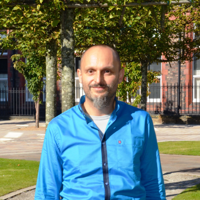
Professor Bruno Merk
